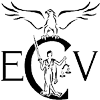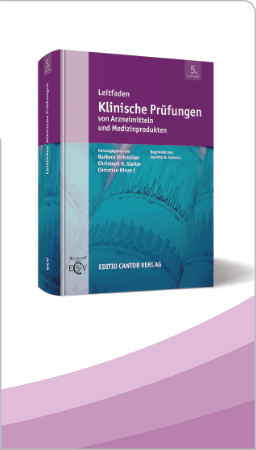Konsolidierung in der Pharmaindustrie
Gastkommentar
Abstract
Consolidation in the Pharmaceutical Industry
The global pharmaceutical market has grown from $ 964 bn in 2013 to $ 1,105 bn in 2016. More than 40 % is achieved in the USA, due to growing by steep annual price hikes of drugs still under patent protection. Almost half of the global sales are attributed to the 15 top Big Pharma companies, which are highly profitable and carry more than 50 % of the total R&D expenses. However, their R&D productivity is continuously declining. More and more real innovations are coming from biotech and startup companies, which are often taken over and digested by Big Pharma. Nevertheless, most Big Pharma companies do not grow fast enough. In order to secure their profitability, they take on consolidation measures like Mergers & Acquisitions (M&A), asset-swaps and R&D reduction or the outsourcing of R&D as well as production – always combined with reduction of employees. The predicted end of the blockbuster business model did not happen but it continues. Fortunately, within the last 5 years real progress was achieved for therapies of cancers, hepatitis C, and HIV. In addition, the first drugs based on gene therapy, cell therapy and antisense have been approved by FDA and EMA.
 | Prof. Dr. Axel Kleemann ist Chemiker und trat 1968 in die Degussa AG/Organische Forschung ein. Dort war er seit 1973 Leiter der Arzneimittelsynthese und von 1976 bis 1988 Leiter der Organischen Forschung. Ab 1983 übernahm er zusätzlich die Leitung der Pharma F&E. Von 1987 bis 2000 war er als Vorstandsmitglied der ASTA Medica AG zuständig für Forschung und Entwicklung, Produktion und Technik sowie Arzneimittelsicherheit. Er ist Autor zahlreicher Fachpublikationen und Bücher. Darüber hinaus engagierte er sich im Vorstand von Fachgesellschaften (z. B. Dechema, DIB, DPhG, GDCh, VFA). Seit 2000 übernahm er mehrere Beirats-bzw. |
Schließen Sie hier ein Abonnement ab und profitieren Sie von den vielseitigen Nutzungsmöglichkeiten.





